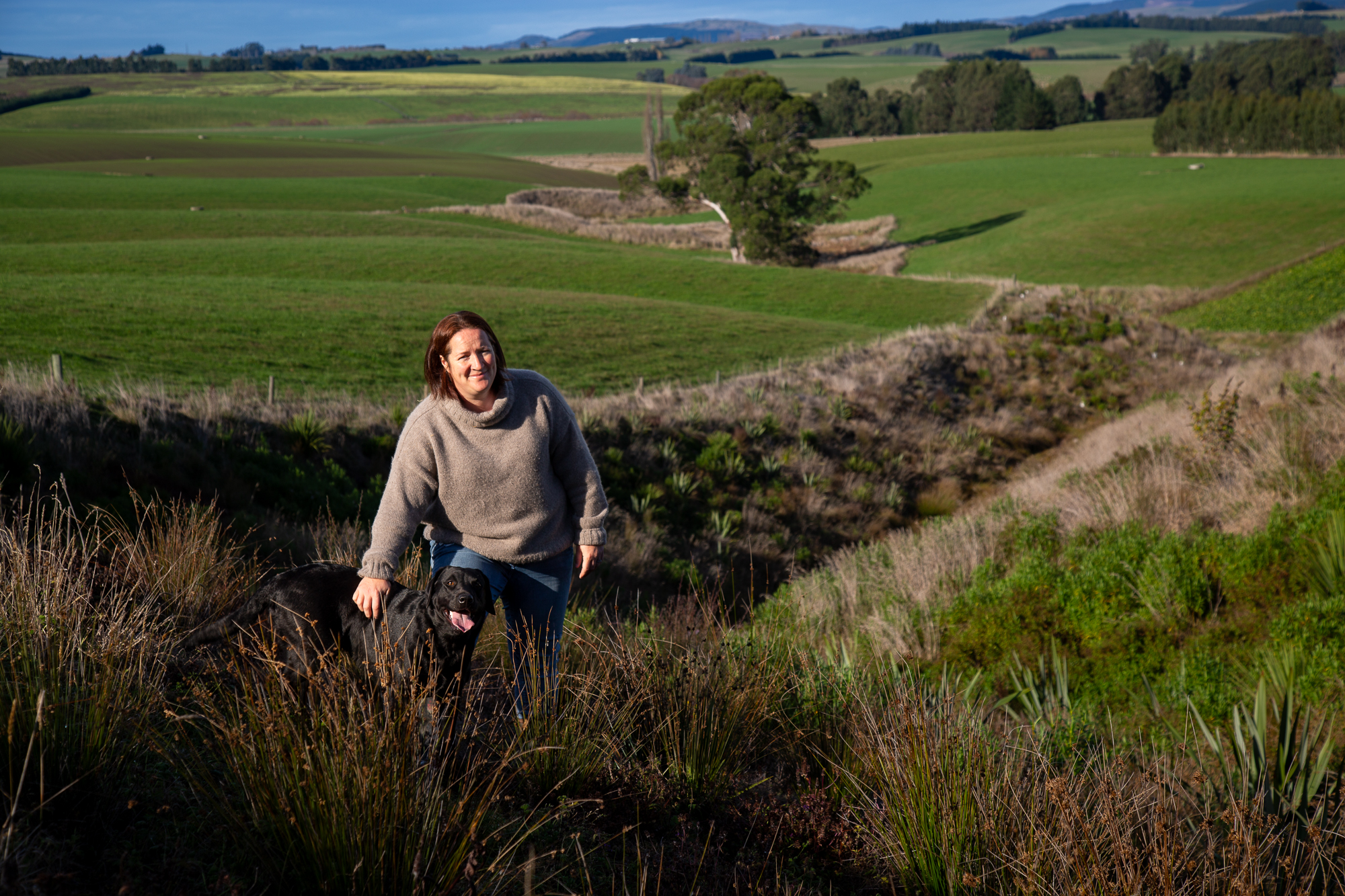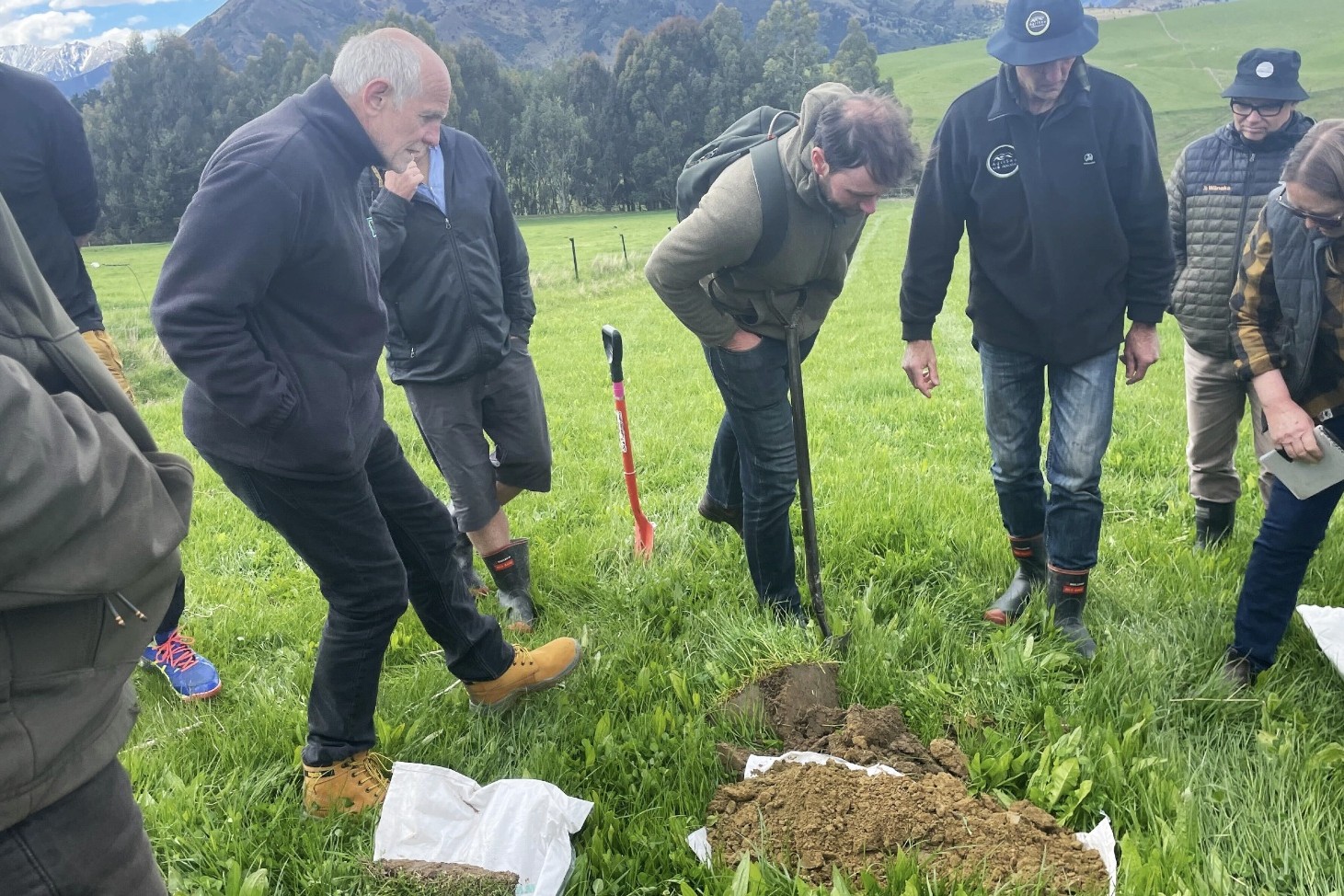Steven Cranston
The most striking moment of a recent meeting with Climate Change Minister James Shaw was his response to the idea of a zero-warming target for agriculture.
It was made very clear that this Government under no circumstances will consider such a target. This begs a serious question, if reducing the industries’ impact on the climate to zero is not the objective behind taxing farm emissions then what is?
It’s no wonder farmers feel persecuted by this Government. The Minister had no concerns explaining that ‘only’ another one million hectares of farmland needs to be converted to forestry to satisfy their initial goals. Never mind the many rural communities that will be devastated by the growing trend of forestry companies buying and blanket-planting whole farms in pine trees.
This trend will only accelerate once the land use equation is further tilted towards forestry with a tax on livestock emissions.
But why would the very idea of helping agriculture define what it must do to become a zero-warming industry result in such a defensive response from the Minister? The problem with investigating the net warming effect of agriculture is of course the findings will completely upend the Green Party’s long-held position that farmers are to blame.
The disappointing aspect is the Minister knows better. His own reports clearly state methane is not the problem, farmers are already on target to achieve the 10% emissions reduction required by 2050 to avoid any further warming impact. The only thing stopping agriculture from formally becoming a climate neutral industry is the Government’s insistence that policy be based on gross emissions rather than warming effect.
A closer read of those Government reports gives further understanding to why agriculture is being targeted. The Productivity Commission noted “reductions in short-lived gas emissions over the short and medium term could enable a slightly larger amount of long-lived gases to be emitted”. In other words, if farmers reduce livestock numbers the rest of the country does not need to make politically unpopular changes to their lifestyles. Farmers may be the backbone of the economy but unfortunately, they only make up a small percentage of the electorate so make easy scapegoats.
It’s hard to see any imminent respite for farmers at this point, their fate largely rests with a Climate Commission carefully selected to toe the Government line. The commission will decide if agriculture’s proposals to reduce emissions are acceptable and if not, farmers will be tossed into the National ETS and start paying a tax on their emissions as soon as 2022.
There would be more faith in the process if a range of views were included on the commission. Internationally recognised experts on advanced methane accounting such as Professor David Frame would have been a logical choice. He is one of the creators of the GWP-we, a new metric specifically designed to convert emissions back to warming potential. This is just another example of politics over science when it comes to climate change.
To put the Government’s hard-line on agriculture in context it’s helpful to compare it to their stance on Air New Zealand, in which the Government holds a controlling 52% stake. Air NZ has a policy of not increasing emissions further after 2020. They still plan to emit a whopping 3.5 million tonnes of long-lived carbon dioxide each year which unlike agriculture’s nitrous oxide, is not being offset by trees.
Both tourism and agriculture contribute significantly to the economy. Both have limited means to reduce emissions other than reducing the size of their operations, yet there have been no calls from the Minister to reduce the number of flights. To rub salt in the wound, Air NZ will continue its growth past 2020 by buying carbon credits from recently converted farmland. Again, farmers are taking the hit so other industries don’t have to.
It’s time to bring some reality to the hysteria around agricultural emissions. A net emissions budget which includes farm trees must be completed before any credible policy response can be created. Success for agriculture should be ensuring no further warming of the atmosphere, that is the logical target and would ensure agriculture is treated the same as other industries.
If the Minister for Climate Change wants to dispel the growing impression in rural communities that they are being unfairly targeted, less talk about land use change and a greater focus on climate change would go a long way.
- Steven Cranston is an agricultural and environmental consultant.




